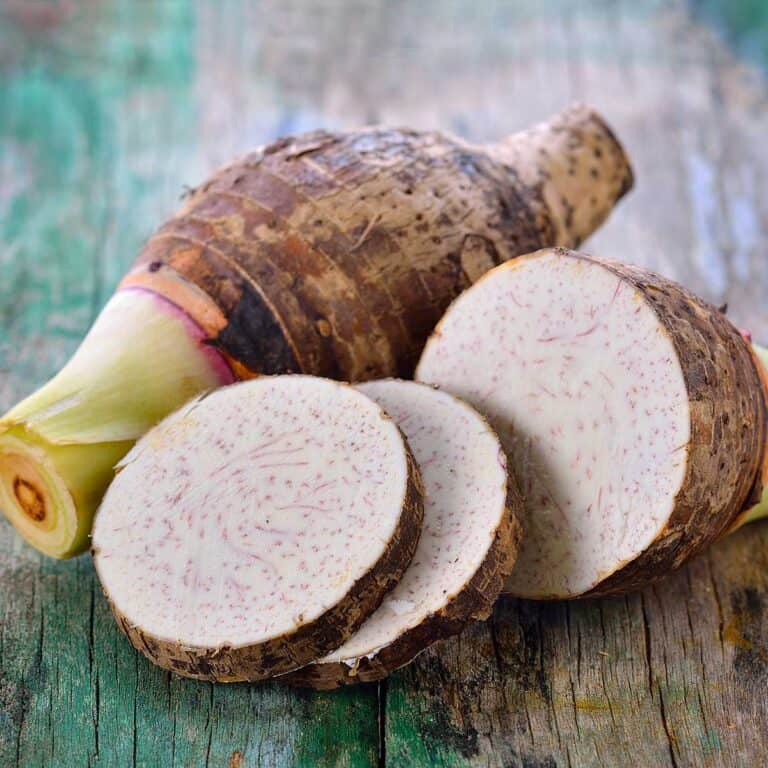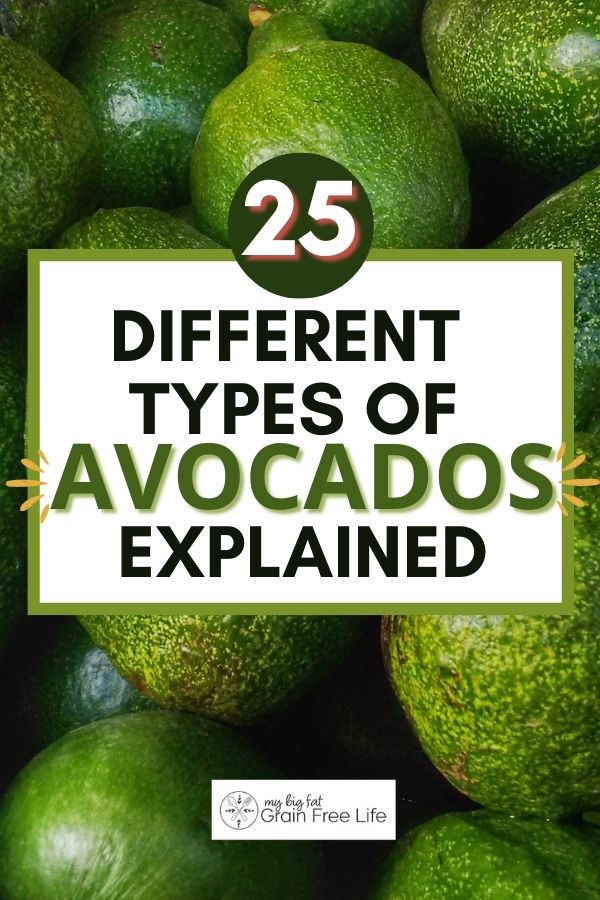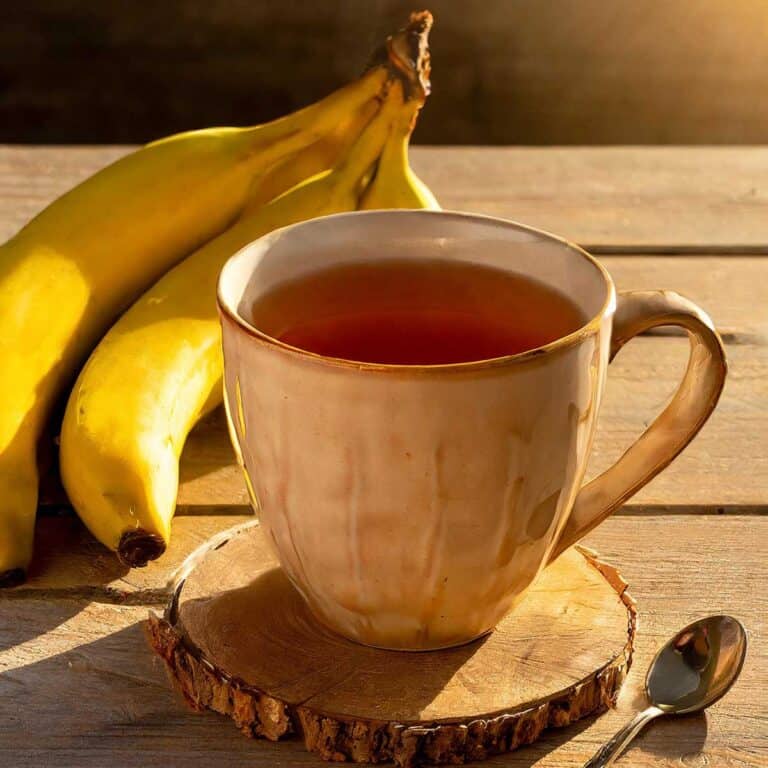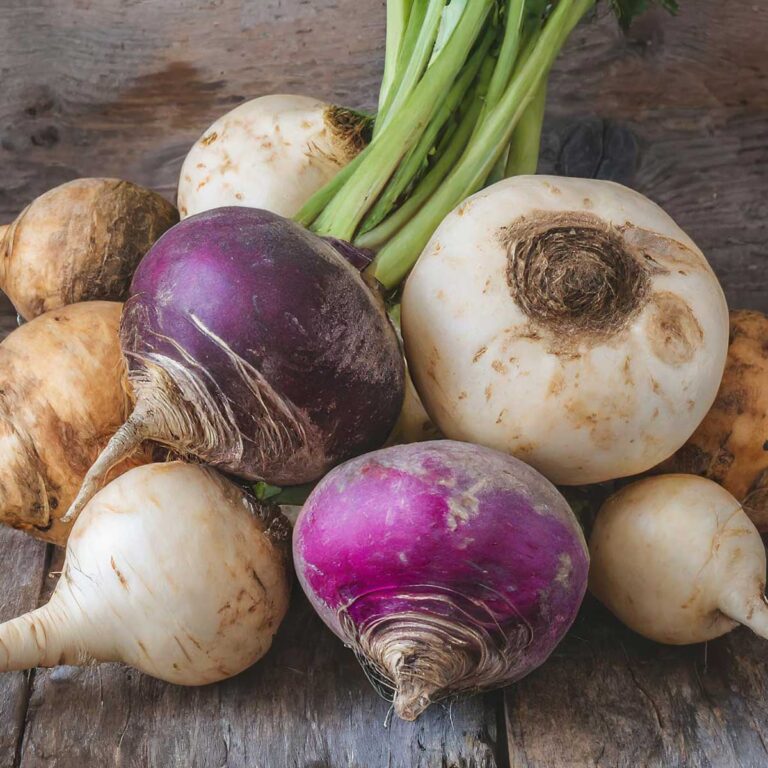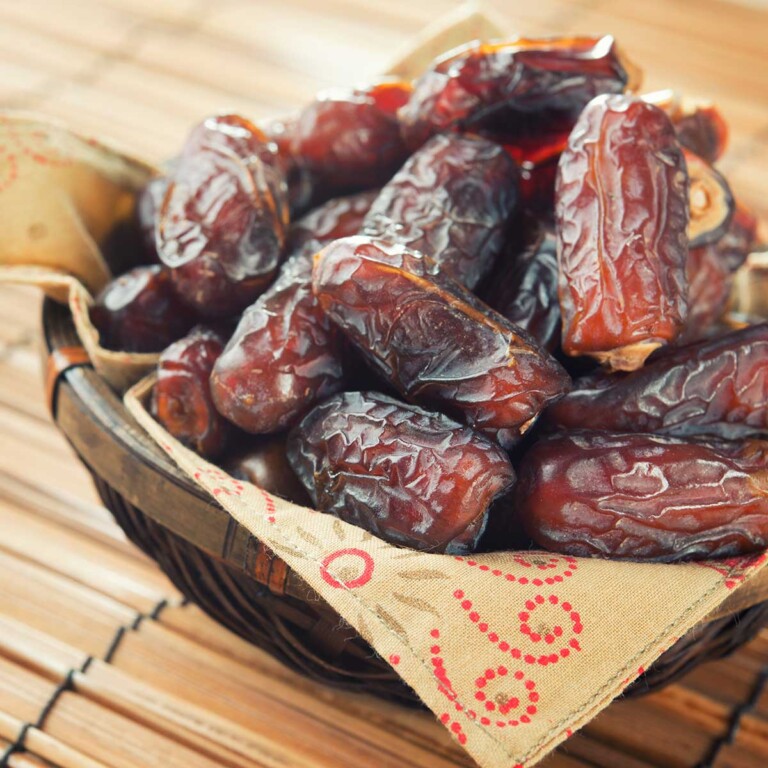Jerusalem Artichoke vs Artichoke (What’s the Difference?)
This post may contain affiliate links. If you make purchase after clicking a link, I may receive a commission at no extra cost to you.
Last Updated on January 15, 2024
When it comes to artichokes, there are two varieties that often cause confusion: Jerusalem artichoke vs artichoke. Uncover the differences between Jerusalem artichokes and artichokes and learn ways to use both. We’ll also take a look at the health benefits and nutrition of each.

Jerusalem Artichoke vs Artichoke
When it comes to root vegetables, there are many options available. Two vegetables that often get confused are the Jerusalem artichoke and the artichoke.
Despite their similar names, these vegetables are quite different in terms of origin, taste, and uses. The only common trait among them is that they both belong to the Asteraceae family of plants.
We’re going to explore the differences between Jerusalem artichokes vs artichokes to help you understand their unique characteristics and how to incorporate them into your cooking.
Jerusalem Artichoke
The Jerusalem artichoke, scientifically known as Helianthus tuberosus, is a unique and versatile vegetable that has a rich history. Native to North America, this tuber vegetable belongs to the sunflower family, Asteraceae.
It was cultivated by Native Americans long before European settlers arrived on the continent, making it an integral part of their diet and culture.
What is a Jerusalem Artichoke?
Jerusalem artichokes, also known as sunchokes, are edible tubers often mistakenly associated with the artichoke due to its name. Despite the name confusion, Jerusalem artichokes are not related to artichokes at all.
A member of the sunflower family, these root veggies and are actually a type of sunflower root. Jerusalem artichokes are knobby tubers with a thin, brown skin and a crisp, white flesh.
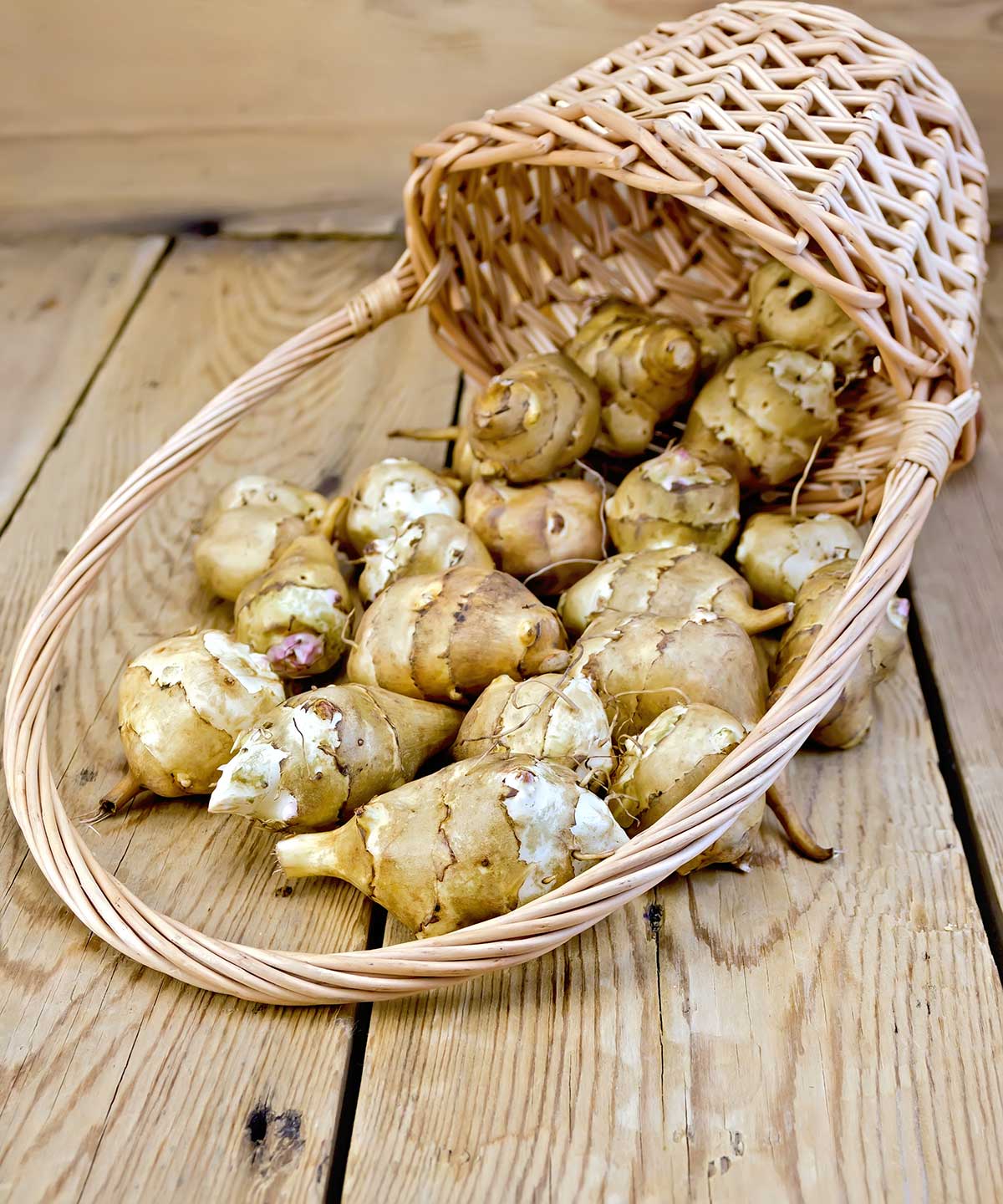
Jerusalem Artichoke Name Origin
The name Jerusalem artichoke is quite misleading, as it has no connection to Jerusalem and is not related to the globe artichoke. The name “Jerusalem” is believed to be a corruption of the Italian word “girasole,” which means sunflower, due to its close resemblance to the sunflower plant.
How To Eat Jerusalem Artichoke
There are several ways to enjoy Jerusalem artichoke tubers:
- Roasted: Slice the Jerusalem artichokes into thin rounds, toss them with olive oil, sea salt, and pepper, and roast them in the oven until they are golden and crispy.
- Mashed: Boil the Jerusalem artichokes until they are tender, then mash them with butter, salt, and pepper to create a tasty side dish.
- Soup: Blend cooked Jerusalem artichokes with chicken stock and seasonings to make a delicious and creamy soup.
- Stir-fried: Cut Jerusalem artichokes into thin strips and stir-fry them with other vegetables.
- Salad: Slice raw Jerusalem artichokes thinly and toss them in a salad with green leafy vegetables, nuts, cheese, and a homemade vinaigrette for a refreshing and crunchy addition.

Health Benefits of Jerusalem Artichokes
These humble sunchokes offer numerous health benefits. Take a look at just some of the potential health benefits of Jerusalem artichokes.
Rich In Fiber
Jerusalem artichokes are an excellent source of dietary fiber, which aids in digestion.
Promotes Gut Health
These tubers are a great source of dietary fiber, which aids the digestive system and promotes a healthy gut. The inulin found in Jerusalem artichokes, which is a type of soluble fiber, is a prebiotic that helps nourish beneficial gut bacteria, leading to improved gut health.
Regulates Blood Sugar Levels
The low glycemic index of Jerusalem artichokes helps regulate blood sugar levels.
Supports Weight Management
Due to their high fiber content and low calorie count, Jerusalem artichokes can help promote feelings of fullness and reduce calorie intake, aiding in weight management.
Boosts Immune System
Jerusalem artichokes contain vitamin C, which is essential for a healthy immune system.
May Improve Heart Health
The high potassium content in Jerusalem artichokes helps lower blood pressure levels, reducing the risk of cardiovascular diseases like heart attacks and strokes.
Enhances Bone Health
Jerusalem artichokes are a good source of potassium and magnesium, both of which play a crucial role in maintaining healthy bones and preventing conditions like osteoporosis.
Supports Healthy Skin
The antioxidants present in Jerusalem artichokes help protect the skin from damage caused by free radicals, promoting healthier-looking skin.
mAY Provide an Energy Boost
Jerusalem artichokes are rich in carbohydrates that provide sustained energy throughout the day.
Aids In Detoxification
The high fiber content in Jerusalem artichokes supports regular bowel movements, helping to eliminate toxins from the body more efficiently.
Supports Eye Health
Jerusalem artichokes contain vitamin A, which is essential for maintaining good eyesight and reducing the risk of age-related macular degeneration.
Anti-Inflammatory Properties
Jerusalem artichokes contain compounds that possess anti-inflammatory properties, which can help reduce inflammation in the body and alleviate symptoms of inflammatory conditions.
Can Help IMprove Digestion
The fiber in Jerusalem artichokes aids in maintaining a healthy digestive system by preventing constipation and promoting regular bowel movements.
Supports Brain Health
The potassium content in Jerusalem artichokes helps improve cognitive function and may protect against age-related cognitive decline.
Promotes Healthy Hair
Jerusalem artichokes are a good source of nutrients like iron, zinc, and biotin, which are essential for healthy hair growth and preventing hair loss.
Nutrition of Jerulsalem Artichokes
erusalem artichokes are a nutritious vegetable that provides various vitamins, minerals, and antioxidants. Here are the nutrition facts for Jerusalem artichokes:
Vitamins in Jerulsalem Artichokes
- Vitamin C: Jerusalem artichokes are a good source of vitamin C, which is important for immune function and collagen synthesis.
- Thiamine (vitamin B1): This vitamin helps convert food into energy and plays a role in nerve function.
Minerals in Jerulsalem Artichokes
- Potassium: Jerusalem artichokes contain potassium, an essential mineral that helps regulate blood pressure and maintain proper heart and muscle function.
- Iron: Iron is necessary for the production of red blood cells and transportation of oxygen throughout the body.
Antioxidants in Jerulsalem Artichokes
Jerusalem artichokes also contain antioxidants, which help protect cells from damage caused by free radicals. These antioxidants include:
- Inulin: Jerusalem artichokes are rich in inulin, a type of dietary fiber that acts as a prebiotic, promoting the growth of beneficial gut bacteria.
- Polyphenols: These compounds have antioxidant properties and may have potential health benefits such as reducing inflammation.

How to Store Jerusalem Artichokes
To keep Jerusalem artichokes fresh, store them unwashed in a cool, dark place, such as a root cellar or refrigerator crisper drawer. Place them in a paper bag or perforated plastic bag to allow for air circulation, which helps prevent moisture build-up.
Proper storage can help extend their shelf life up to two weeks.
Potential Downsides of Jerusalem Artichokes
While Jerusalem artichokes have many health benefits, they can cause digestive discomfort in some individuals. The high inulin content can ferment in the gut, leading to gas and bloating.
If you are sensitive to inulin or have a history of digestive issues, it is best to consume Jerusalem artichokes in small amounts and gradually increase your intake to allow your body to adjust.
Artichoke
One of the most recognizable uses of artichokes is in dips and spreads, such as artichoke heart and spinach dip.
Their distinct taste adds a delightful tanginess to various recipes. Furthermore, artichokes are appreciated for their numerous health benefits, including being a good source of fiber, antioxidants, and vitamins.

What is an Artichoke?
Unlike Jerusalem artichokes, which are the roots of a sunflower plant, a true artichoke is the flower bud of the Cynara cardunculus plant. The edible part of the artichoke is the fleshy base of the leaves and the tender heart.
How to Prepare Artichokes
Preparing artichokes may seem daunting at first, but it is a manageable process once you know the steps.
- Start by trimming the stem: Cut off about 1 inch from the bottom of the stem and peel away any tough outer layers.
- Remove the tough outer leaves: Gently pull off the tough outer leaves until you reach the more tender inner leaves.
- Trim the top of the artichoke: Use a sharp knife to cut about 1 inch off the top of the artichoke to remove the prickly tips.
- Optional: If desired, use kitchen shears to trim any remaining sharp edges from the remaining leaves.
- Rinse the artichoke thoroughly under cold water to remove any dirt or debris that may be trapped between the leaves.
- Fill a pot with enough water to cover the artichokes and bring it to a boil.
- Once boiling, carefully lower the artichokes into the pot using tongs or a slotted spoon.
- Reduce heat to low and let simmer for approximately 25-45 minutes, depending on the size of your artichokes, until they are tender when pierced with a fork.
- Remove cooked artichokes from the pot and drain them upside down on a paper towel or cooling rack to allow excess water to drain out.
- Serve your prepared artichokes as desired, whether steamed, grilled, or stuffed with your favorite filling.
Note: handling raw artichokes can cause stains on your hands and utensils due to their natural pigments. It’s advisable to wear gloves while preparing them if you wish to avoid this temporary discoloration.

Edible Parts of Artichokes
When it comes to consuming artichokes, the tender heart and fleshy base of the leaves are the edible parts.
The meaty heart is a delicacy often used in gourmet recipes, while the leaves can be pulled through the teeth to remove the soft flesh. The slightly sweet and tangy flavor of the artichoke is most pronounced in the heart, making it the most sought-after part.
Health Benefits of Artichokes
Artichokes provide numerous health benefits. These are just some of the many health benefits that artichokes offer:
Rich In Antioxidants
Artichokes are packed with antioxidants, which help protect the body against free radicals and oxidative stress.
Good For Digestion
Artichokes contain a compound called cynarin, which stimulates bile production and promotes healthy digestion.
Supports Liver Health
The cynarin in artichokes also helps support liver function by promoting the secretion of bile and aiding in the detoxification process.
Lowers Cholesterol Levels
Artichokes are high in fiber, particularly a type of fiber called inulin, which has been shown to help lower LDL (bad) cholesterol levels.
Promotes Heart Health
The high potassium content in artichokes can help regulate blood pressure and reduce the risk of cardiovascular diseases.
Boosts Immune System
Artichokes are rich in vitamin C, an essential nutrient that supports immune function and helps protect against infections.
Supports Weight Loss
With their low calorie and high fiber content, artichokes can help promote feelings of fullness and aid in weight management.
Anti-Inflammatory Properties
Artichokes contain certain compounds that have anti-inflammatory effects, helping to reduce inflammation in the body.
Enhances Brain Health
The antioxidants found in artichokes may help protect brain cells from oxidative stress and age-related damage.
Diabetes Management
The soluble fiber present in artichokes can help regulate blood sugar levels by slowing down the absorption of glucose into the bloodstream.

Nutrition of Artichokes
These edible flower buds provide a variety of vitamins, minerals, and antioxidants. Here are the nutrition facts for artichokes:
Vitamins in Artichokes
- Vitamin C: Artichokes are an excellent source of vitamin C, which is important for immune function and collagen production.
- Vitamin K: Artichokes are also rich in vitamin K, which plays a role in blood clotting and bone health.
- Folate: Artichokes contain folate, a B-vitamin that is essential for cell growth and development.
Minerals in Artichokes
- Potassium: Artichokes are a good source of potassium, an electrolyte that helps maintain fluid balance and supports proper heart and muscle function.
- Magnesium: Artichokes provide magnesium, which is involved in hundreds of biochemical reactions in the body and contributes to bone health and nerve function.
- Iron: Artichokes contain iron, an essential mineral that helps transport oxygen throughout the body.
Antioxidantsin Artichokes
- Cynarin: Artichokes contain cynarin, a compound with antioxidant properties that may help support liver health.
- Flavonoids: Artichokes also contain flavonoids like quercetin and rutin, which have been shown to have antioxidant effects.
How to Store Artichokes
To keep artichokes fresh, store them in the refrigerator in a plastic bag or a container with a damp paper towel to help retain moisture.
Proper storage can help extend their shelf life for up to a week. It is important to note that artichokes are best consumed soon after purchase, as their flavor and texture can deteriorate over time.
Potential Downsides of Artichokes
Although artichokes offer numerous health benefits, some individuals may experience digestive discomfort when consuming large amounts.
The high fiber content of artichokes can cause gas, bloating, and even diarrhea in sensitive individuals. It is important to listen to your body and consume artichokes in moderation if you have a history of digestive issues.

Jerusalem Artichokes vs Artichokes
Next, let’s compare Jerusalem artichokes and artichokes in terms of nutrition, taste, and cooking methods.
Jerusalem Artichoke Vs Artichoke Nutrition
Both Jerusalem artichokes and artichokes are considered nutritious vegetables, but they have slightly different nutritional profiles.
- Jerusalem artichokes are a good source of dietary fiber, potassium, and iron. They also contain inulin, a type of carbohydrate that acts as a prebiotic and aids in digestion.
- Artichokes are low in calories and rich in antioxidants, vitamins C and K, and minerals like magnesium and potassium.
Contrasting Tastes: Jerusalem Artichoke Vs Artichoke
When it comes to flavor, Jerusalem artichokes and artichokes couldn’t be more different. Jerusalem artichokes have a distinct nutty and slightly sweet flavor with a crunchy texture when raw. Once cooked, the Jerusalem artichoke taste develops into a creamy and earthy flavor.
In contrast, artichokes have a unique and delicate taste described as mildly sweet and slightly bitter. The edible parts of artichokes, their tender heart and fleshy leaves, have a tender yet firm texture.
Cooking Techniques: Jerusalem Artichoke Vs Artichoke
- Jerusalem artichokes can be roasted, sautéed, or pureed to create creamy soups and sauces. They can also be eaten raw in salads for a satisfying crunch.
- Artichokes are often steamed or boiled until tender. The tender heart and fleshy leaves can be enjoyed on their own or used in recipes like salads, dips, and appetizers.
Where to Buy Jerusalem Artichokes and Artichokes
You can typically find both Jerusalem artichokes and common artichokes at your local farmers market or most grocery stores.
Jerusalem Artichoke Vs Artichoke FAQ
Still have some questions about Jerusalem artichokes and artichokes?
Are Jerusalem Artichokes the Same as Artichokes?
Jerusalem artichokes and artichokes are not the same. While both are edible plants, they belong to different plant families and have distinct flavors, textures, and culinary uses.
As mentioned above, Jerusalem artichokes are tuberous roots with a nutty flavor and crunchy texture, while artichokes are flower buds with a delicate taste and tender texture.
What Are Jerusalem Artichokes Called in USA?
In the United States, Jerusalem artichokes are commonly known as sunchokes. This name is used to avoid confusion with globe artichokes, which are more well-known and widely cultivated.
What is the Difference Between Globe and Jerusalem Artichoke?
The main difference between globe artichokes and Jerusalem artichokes lies in their appearance, taste, and uses.
- Globe artichokes have a large round-shaped flower head with tender leaves that are commonly steamed or boiled. They have a mild, slightly sweet flavor and are typically enjoyed as a delicacy or used in various dishes.
- Jerusalem artichokes, on the other hand, are tuberous roots with a knobby appearance. They have a crunchy texture and a nutty flavor that can be enjoyed raw or cooked in a variety of dishes.
Do Sunchokes Taste Like Artichokes?
Despite the name confusion, sunchokes, or Jerusalem artichokes, do not taste like artichokes. While both vegetables share the word “artichoke” in their names, their flavors are quite different. Sunchokes have a nutty flavor with hints of sweetness, while artichokes have a delicate and mildly sweet taste with a slight bitterness.
Are Sunchokes a Laxative?
No, sunchokes are not a laxative. However, they do contain a type of carbohydrate called inulin, which can have prebiotic effects and promote digestive health.
Do Sunchokes Make You Gassy?
Yes, sunchokes can cause gas for some individuals. This is because they contain inulin, a type of carbohydrate that can be difficult to digest for some people, leading to increased gas production.
Should You Peel Sunchokes?
It is not necessary to peel sunchokes before consuming them. The skin of sunchokes is edible and provides additional fiber and nutrients. However, if you prefer a smoother texture or have difficulty digesting the skin, you may choose to peel them.
Final Thoughts
Now that you know the differences between Jerusalem artichokes and artichokes, you can confidently choose the right vegetable.. Whether you’re looking to add a crunchy and nutty element to your dishes with Jerusalem artichokes or explore the unique flavors of artichokes, these vegetables offer a range of delicious possibilities in the kitchen.
Sources
- https://www.ncbi.nlm.nih.gov/pmc/articles/PMC7356569
- https://www.healthifyme.com/blog/jerusalem-artichoke
- https://www.ncbi.nlm.nih.gov/pmc/articles/PMC7015883
- https://www.verywellfit.com/jerusalem-artichoke-nutrition-facts-and-health-benefits-5076353
- https://www.ncbi.nlm.nih.gov/pmc/articles/PMC6556340
- https://www.ncbi.nlm.nih.gov/pmc/articles/PMC9781370
- https://www.healthline.com/nutrition/artichoke-benefits
- https://www.webmd.com/diet/health-benefits-artichokes


